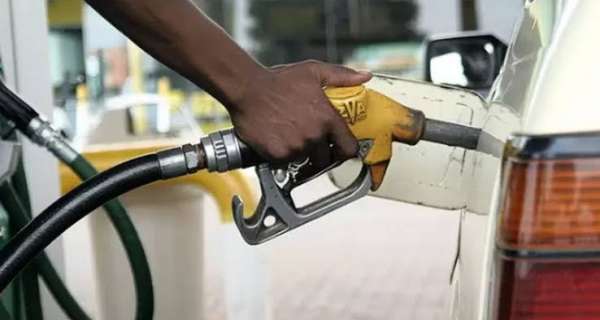Fuel marketers in Nigeria have indicated that the country’s petrol pump prices may rise further, potentially reaching a range of N700 to N800 per litre, a significant increase from the current N580 – N617 per litre. This revelation came during the Oil Trading and Logistics (OTL) Africa Downstream Expo in Lagos, where marketers expressed their concerns about the return of a regulated pricing regime, rising landing costs, and foreign exchange shortages.
The Chief Operating Officer of Pinnacle Oil and Gas Limited, Mrs. Adenike Labanjo, raised concerns over the impending price hike during a panel session. She noted that there was a reduction in petrol consumption from 65 million litres per day to 45 million litres per day following the subsidy announcement and implementation. Labanjo pointed out the widening gap between the Nigerian National Petroleum Company Limited (NNPC) costs and petrol imports, which could lead to the increased fuel prices.
She also highlighted the challenge faced by marketers due to the imbalance in foreign exchange accessibility favoring the NNPC over private marketers. The market moved against some marketers due to the volatile nature of foreign exchange or their inability to secure favorable rates for their cargoes.
Dr. Mohammed Salaudeen, Executive Director of Northwest Petroleum and Gas Company Limited, mentioned that the high cost of sourcing petrol led to the closure of 90% of petrol depots nationwide. He noted that buying 10,000 metric tonnes of petrol locally had surged to N7 billion, up from half that amount last year.
Challenges related to foreign exchange had prevented many marketers from importing petrol, even with government approvals. The cost of importing and distributing petrol to various regions has made the pump price unaffordable for many Nigerians.
The Managing Director of Rainoil Logistics, Mr. Jude Nwaulune, disclosed that the cost of landing petrol in Lagos had reached approximately N560 – N565 per litre. He also explained the challenges associated with moving the product to different regions, driven by rising diesel prices and FX challenges.
In response to questions about the perceived FX imbalance favoring NNPC over private marketers, Mr. Segun, the Executive Vice President of Downstream, NNPC Limited, emphasized that NNPC is a competitor to other market players, not a government regulator. He urged competitors to rise to the competition posed by NNPC, acknowledging the company’s competitive edge.
He also highlighted that, as a private integrated company, NNPC has a natural advantage over its competitors and is primarily focused on ensuring energy security for the country.










